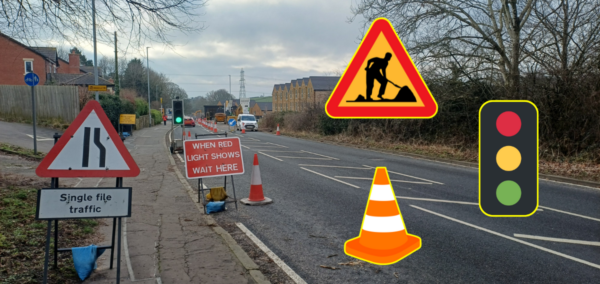
Scottish setback in widening access to university as entrants from deprived areas fall
‘I am disappointed for the individuals whose potential is not being realised’
For the first time since the commitment to widen access to higher education was made in 2016/2017, new figures reveal a decline in the number of students entering Scottish universities from the country’s most deprived areas.
Data from the Scottish Funding Council shows that the number of entrants from Scotland’s 20 per cent most deprived areas fell from 5,595 in 2021/2022 to 5,310 in 2022/2023 – a drop that raises fresh concerns about the ability of universities to meet the Scottish Government’s ambitious target of 20 per cent by 2030.
The proportion of students from these areas also decreased, from 16.7 per cent in 2020/2021 to 16.3 per cent in 2022/2023, continuing a slight decline over the past few years. This marks a setback in the wider effort to make higher education more accessible to students from disadvantaged backgrounds.
The data highlights the ongoing challenges in achieving the target of 20 per cent of university entrants from the most deprived communities by 2030. Critics have pointed to the poverty-related attainment gap in schools and the educational disruption caused by the COVID-19 pandemic as significant barriers to progress. These issues remain a source of concern for many in the education sector, particularly given that the pandemic has left many students with disrupted learning and fewer opportunities to excel academically.
Most Read
Not all universities are falling short, however. Four universities – Abertay, Glasgow Caledonian, Glasgow School of Art, and the University of the West of Scotland – have already surpassed the 20 per cent target for student entrants from deprived areas. Edinburgh University saw a notable increase in the proportion of students from these communities, rising from 10.2 per cent in 2021/22 to 13.1 per cent in 2022/23. However, several other institutions are still struggling to meet the 10 per cent interim target set in 2021, including the University of Aberdeen, which reported just 6.9 per cent, and Robert Gordon University with 7.1 per cent.
Professor John McKendrick, Scotland’s Commissioner for Fair Access, expressed disappointment with the figures, stating that the failure to increase numbers from deprived areas was a missed opportunity to unlock the potential of students from these backgrounds. “I am disappointed for the individuals whose potential is not being realised,” McKendrick said. “Work to widen access to higher education must be strengthened if we are to achieve the ambitious targets of 18 per cent by 2026 and 20 per cent by 2030.”
While acknowledging the challenges, McKendrick highlighted that the latest UCAS data for 2023/24 admissions shows a more promising trend, with the number and proportion of accepted students from the most deprived areas rising from 5,480 to 6,120, marking an increase from 15.8 per cent to 16.5 per cent of all acceptances – a new record high.
Universities Scotland, the representative body for higher education institutions, echoed McKendrick’s concerns, urging a more holistic approach to address widening access. A spokesperson emphasised that while universities are committed to increasing access, the effort requires broader collaboration. “Despite the best efforts of universities, it is going to be very challenging to continue to make the scale of progress needed to reach the 2026 and 2030 access targets,” the spokesperson said. “Universities cannot get there alone. The connection to school attainment is key.”
At the University of Aberdeen, which has faced challenges in meeting the widening access targets, a spokesperson reaffirmed the institution’s commitment to supporting students from disadvantaged backgrounds. The university offers a wide range of financial assistance, including free accommodation and student bursaries, to help alleviate the financial barriers many students face. However, the spokesperson noted that during the cost-of-living crisis, more disadvantaged students are opting to live at home and commute to universities in central locations rather than relocate.




















